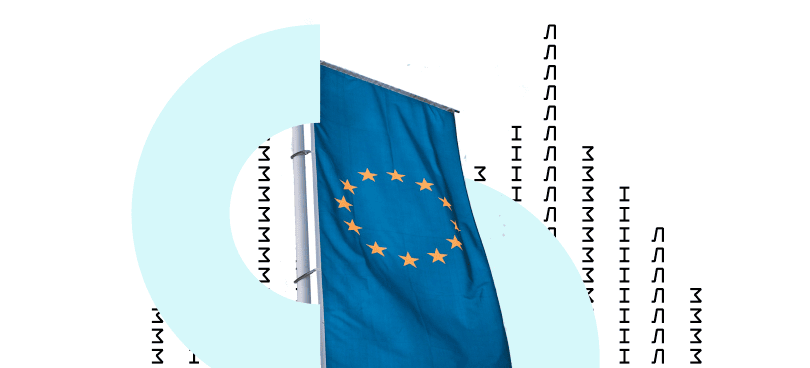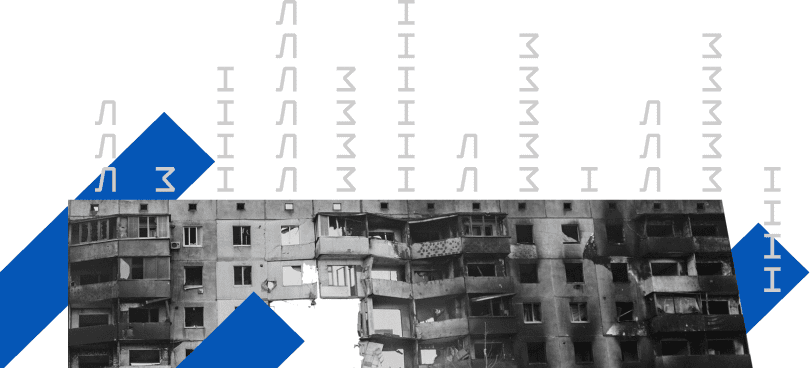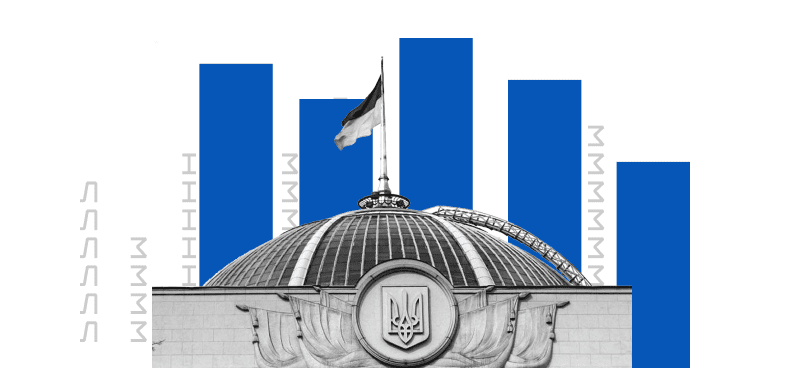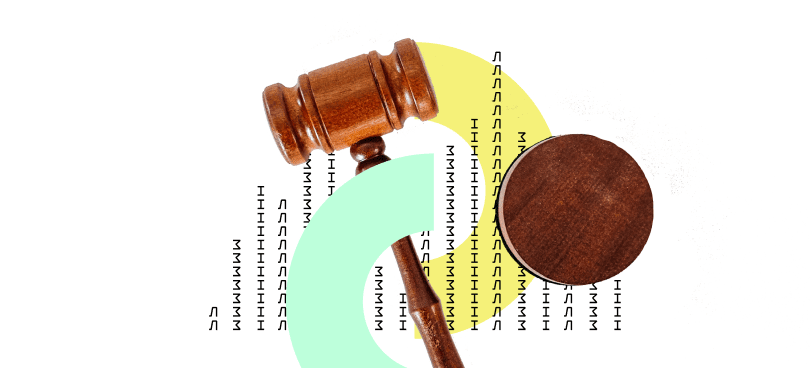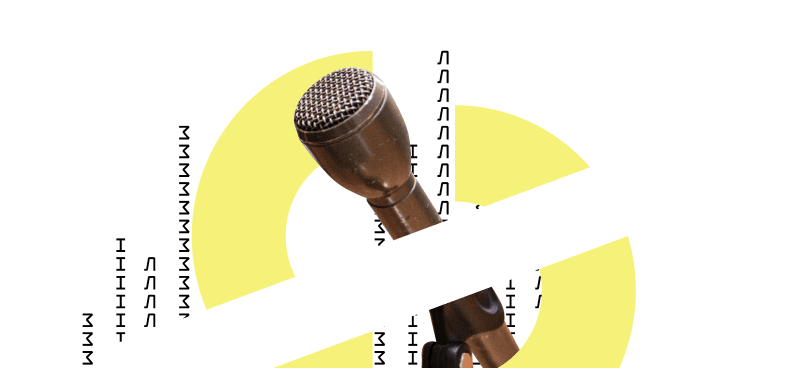The text was prepared for “Yevropeiska pravda” (“European Truth” e-newspaper)
Does Ukraine monitor compliance with competition policy? And does it promote fair competition?
The Antimonopoly Committee of Ukraine (AMCU) operates in this field, but its work is often criticized, and thus approaches need to be changed.
Among the AMCU’s major challenges indicated by international experts are insufficient powers, a lack of ample funding, and political dependence — and all of those are in place despite the extraordinary importance of this body for the entire Ukrainian economy.
The Antimonopoly Committee was urged to be reformed since Viktor Yushchenko’s presidency, but it is now that this case has prospects to come to a conclusion. Today, this reform is gaining special relevance, as it is one of the key demands of the IMF to the Ukrainian authorities.
And at the same time, the reform is also necessary for the process of approximation of Ukrainian legislation to EU law.
The draft law for the sake of the IMF
For years, statements about the importance of in-depth reforms have seemingly been heard everywhere.
Among other things, this issue was highlighted by the EU Association Agreement and, subsequently, the European Union candidacy agenda. In 2008 and 2016, the Organization for Economic Cooperation and Development (OECD) published reports with recommendations on the development of antimonopoly law in Ukraine, and until recently, there had been no significant changes in the offing. The current phase of the reform began in 2020 after an IMF Memorandum had been made. To comply with the obligations thereunder, draft law No. 2730 was registered. It was never voted on but paved the way for future changes.
A year later, at the subsequent update of the IMF Memorandum, Ukraine once again undertook to reform the Antimonopoly Committee. For this purpose, an updated draft law No. 5431 was developed, and we propose it for review.
Draft law No. 5431 received mixed comments from the expert community.
Among others, the National Agency for the Prevention of Corruption (NACP) stated that “the draft law contains corruption-inducing factors and needs to be refined, accommodating the recommendations provided”. However, as early as three months after its registration, in July 2021, draft law No. 5431 was passed in principle by the votes of the parliamentary factions of Servant of the People, Trust and For the Future.
In November of the same year, a tranche was received from the IMF, and this law draft was temporarily forgotten. As of February 2022, the draft law received 1,621 amendments, but on 24 February 2022, the agenda changed dramatically.
The next time the draft law was back in the spotlight was in November 2022. Due to the large number of amendments, it had to be considered with many hours of discussion of these amendments, or by consensus (when the majority of parliamentary factions and groups agree to the adoption of the draft law), or through a special procedure (when the consideration of amendments is significantly reduced).
The Verkhovna Rada of Ukraine tries to avoid a long discussion of amendments under martial law, especially in the midst of missile terror. Yet, despite this, there was no unanimity among MPs. The opposition argued that the Antimonopoly Committee would be given new powers and would be “abusing companies and harassing businesses”.
Therefore, the Parliament can expect heated debates to address the AMCU and its future.
Yet the members of the parliamentary minority were not the only ones to dislike the draft law.
The Ukrainian Bar Association noted that “the draft law needs substantial refinement and cannot be adopted in this version.”
On 24 March 2023, the President and the Prime Minister signed and sent the Letter of Intent and the Memorandum of Economic and Financial Policies to the IMF, in which they again promised to reform the AMCU. This time, the obligations were already more specific, with deadlines having been established for reforms.
In September of the running year, the Ukrainian party undertook to adopt changes and strengthen the AMCU’s legal framework so that it could effectively unleash its capabilities. And it was promised that as early as the end of December, the Parliament would have received a new draft law which should ensure the AMCU’s institutional independence and improve the procedures for appointing key officials.
Given the fact that Ukraine critically needs funds, including those of the IMF (which is an informal benchmark for other Western donors to the Ukrainian budget), the AMCU reform process has a real chance to take off. Draft law No. 5431 may (or may not) play an important role in that.
So, the question comes: how will law draft No. 5431 help the AMCU “effectively implement its capabilities to promote market competition and combat monopolistic practices”?
What changes are proposed?
The draft law introduces new tools for joint and subsidiary liability.
At present, it is impossible to collect a fine when the company has been brought to bankruptcy or in case of insufficient assets. That is, a group of companies, which includes the offender, may avoid the fine by bankrupting that company.
Under the new draft law, however, if the offending company is part of a group of companies, the shortfall will be charged to the group.
Another novelty is that if several companies have committed the offence from the same group, or if they can benefit from therefrom, then the fine becomes joint and several and all the aforementioned companies must pay it.
The procedure for release from liability, or the so-called Leniency, gets improved.
Its essence is that a participant in anti-competitive concerted actions can voluntarily approach the AMCU and cooperate with the body, providing it with important evidence and information in the case. In return, the participant receives a complete exemption from liability, although s/he must compensate the victims for the damage caused.
According to the current legislation, only the first applicant receives an exemption. As a result, there is a very high risk for others in applying to the body — they do not gain anything by applying, and enough disadvantages are rising therefrom.
Law draft No. 5431 proposes to extend the procedure to subsequent applicants, with a gradual reduction of the fine for each subsequent one of them.
The authors of the draft law deem this novelty to be among the most important ones. It is thanks to this tool that positive results can be achieved, such as a reduction in the burden on the AMCU and its greater efficiency in investigating cases. The tool of exemption from liability is widespread across many countries, including the USA and EU member states. Therefore, if the AMCU law is approved, the investigation won’t require a long and challenging time to gather evidence, as it is highly probable that the body itself will get everything it needs.
Also, the procedure for settlement in cases, or Settlement, is introduced.
The essence is quite simple: a 15% reduction in the fine in exchange for a guilty plea. The accused person must submit a relevant statement before announcing preliminary findings in the case.
The right may not be exercised when the person has already been held liable for the same offence within the last five years.
The accused and the AMCU enter into an agreement, which must incorporate several terms and conditions (admission of guilt, provision of evidence, cessation of violations and reduction of the fine), but the parties can also agree on additional T&Cs. If no agreement has been reached during negotiations, the explanations already provided by the accused party may not be considered an admission of guilt and be evidence of the commission of an offence.
Therefore, it always makes sense for the accused to try and make avail of such a right. This novelty and the possibility of exemption from liability would reduce the burden on the AMCU and enable more detailed and efficient operations in other areas.
One of the critical aspects of strengthening AMCU’s independence is the improvement of working arrangements.
Thanks to the changes, the AMCU could attract the best anti-trust specialists, and increasing the official salary would eliminate a large part of the corruption risks.
These very changes have been carried out in recent years: from 2020 to 2022, the average salary of an AMCU employee increased by more than 50% (from 15,000 to 23,000 hryvnias). Indeed, the situation would be changed by draft law No. 5431, according to which the salary of a specialist would advance up to 64,416 hryvnias.
In general, recent years have seen a very positive evolution for the entire AMCU. The contrast is especially clear compared to previous years: as noted in the OECD report of 2016, “AMCU is one of the most poorly funded public institutions in Ukraine. On average, employees earn less than $200 a month. The number of staff is insufficient to fulfil the AMCU’s tasks, the volume of which is constantly increasing.”
Notably, the Ministry of Finance did not endorse the draft law in the first reading, as it was submitted in violation of the requirements for the calculated impact of a draft law on the state budget.
Moreover, by the second reading, the draft law had changed, albeit unexpectedly: official salaries doubled for almost all positions, and for the chairman and state commissioners, as a matter of fact, they tripled. The source of such expenses was not provided, so it is unclear how they can be covered.
Therefore, implementing all these provisions will be possible no earlier than next year when the new budget is drawn up.
Influential but dependent
One of the OECD’s recommendations was to enhance the powers of the Antimonopoly Committee.
Draft law No. 5431 offers exactly this — AMCU gets more opportunities in the area of conducting inspections and obtaining confidential information.
The authors of the draft law consider this a positive thing because it gives more opportunities to combat offences, but minority MPs criticize these very provisions as excessive.
The NAPC, together with the Main Legal Department at the Parliament, also draw attention to the impropriety of such powers: a court decision is necessary to violate the right to the inviolability of one’s home or the right to privacy of correspondence and telephone conversations, but the want is to grant this right to the AMCU and ignore that.
Further, the new draft law allows the AMCU to independently choose cases for proceedings and set priorities for its own activities. International partners repeatedly recommended such a change.
At the same time, the NAPC believes that the arrangements proposed by the draft law do not hold clear and transparent rules, which can be a source of corruption risks.
According to the current law On the Antimonopoly Committee of Ukraine, there is a norm for compensating double damages caused to victims.
That is, the perpetrator must return twice the amount earned using dishonest means. This system is a global norm, and some countries (for example, the USA) practice triple damages.
Law draft No. 5431 introduces single damages, and this change may indirectly have a negative impact on the effectiveness of the entire legislation.
The injured party, even if winning in court, will only get back its losses, and taking into account the costs of representation and court proceedings, filing a lawsuit would make hardly any sense.
It looks like monopolists and criminals are being given a free hand because the victims would have increasingly less reason to fight for justice. Yes, single damages are practised in the EU, but its system is more complex, allowing for damages to the victim for the costs of legal representation and a failure penalty.
The AMCU’s independence remains in question.
Currently, the fate of the AMCU is almost entirely in the hands of the President, and draft law No. 5431 does not change this situation at all.
At that, the OECD and the IMF drew attention to the need to ensure institutional independence. According to the Memorandum, Ukraine commits to introduce the second part of the reform to the Verkhovna Rada by the end of the year, which should ensure the AMCU’s independence. However, this law draft may still fail or get stuck in the Parliament’s chambers for years.
Another challenge is that the current procedure for the appointment of the AMCU chairperson does not comply with the Constitution. Under the Basic Law, the AMCU’s chairperson is appointed by the Parliament at the request of the Prime Minister. However, according to the current law On the Antimonopoly Committee of Ukraine, the chairperson is appointed and dismissed by the President, and this law is followed in practice.
This issue is the basis of the true independence of the Antimonopoly Committee.
Draft law No. 5431 proposes only strengthening the dependent body, which may lead to the selective application of norms (rewarding friends and punishing enemies). These are the challenges outlined by expert bodies and what minority MPs feared.
The reform of the Antimonopoly Committee is long overdue. The first recommendations were made 15 years ago, and only now do they have a chance to be translated into reality.
The imperfection of crime-fighting tools, insufficient powers and insufficient funding — all of this is rectified by No. 5431.
The draft law provides the AMCU with new tools for more effective opposition to monopolies: joint liability, Leniency, and Settlement should help impose fair penalties and spend fewer resources. Higher salaries should increase AMCU’s institutional capacity.
On the other hand, not everything is so simple with enhanced powers — they can be used both to fight monopolies and for less-worthy purposes. Single damages also have two perspectives they are looked at.
But perhaps the most important thing is what is missing in the draft law — ensuring the political independence of the AMCU. And without it, even the best tools may be used in a sub-optimal way.
Currently, it was the IMF that raised the need to adopt draft law No. 5431.
Yet the reform of antimonopoly legislation is important not only in conjunction with receiving a new tranche — the Ukrainian economy needs an effective fight against monopolies to create a healthy market environment and economic growth.
The text was prepared with the financial support of Sweden.


